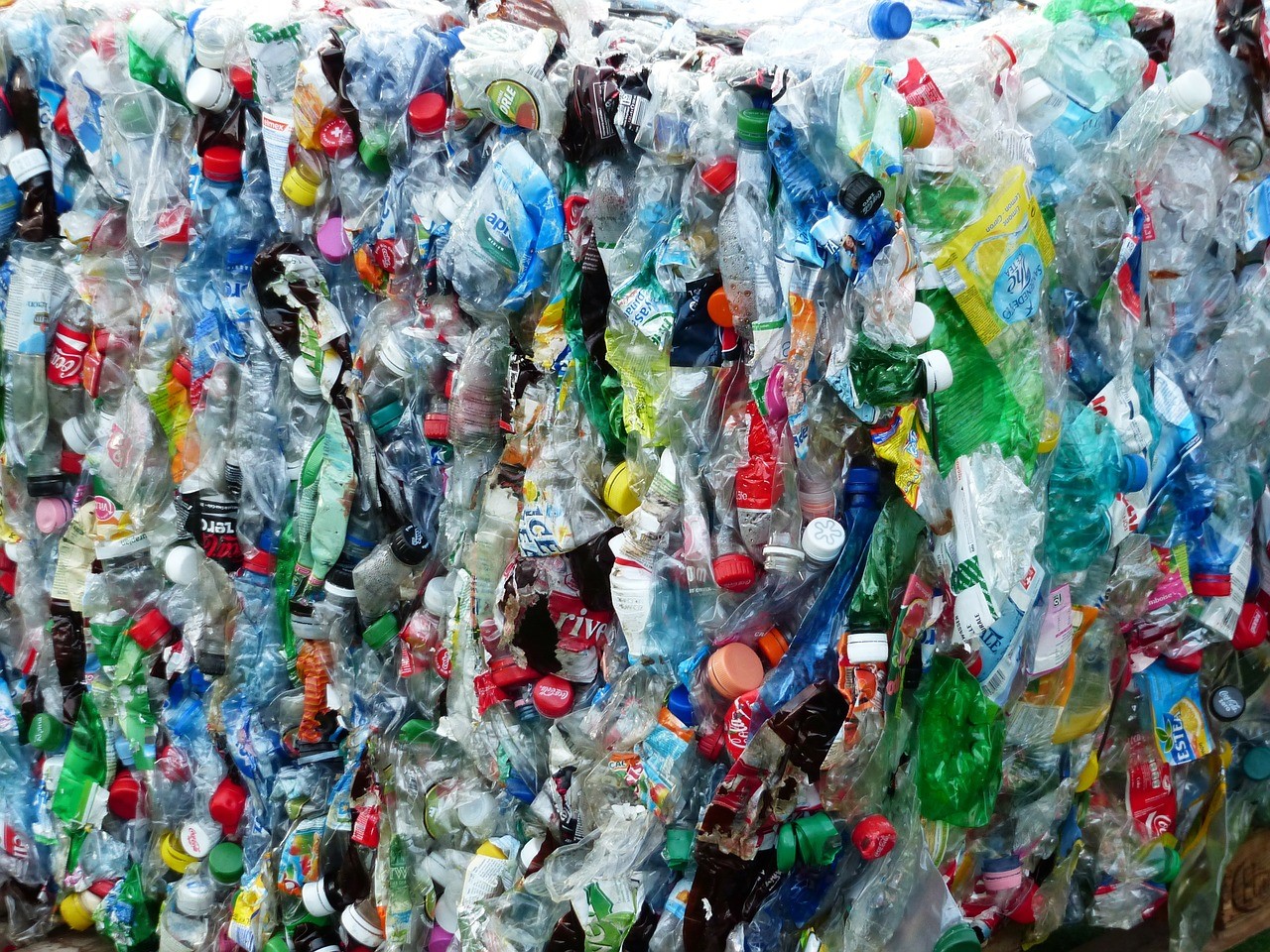Plastics
Plastic pollution is a problem deeply interwoven into our economy. The once-hailed “miracle material” that has revolutionized manufacturing is increasingly shedding, spreading, and remaining, in our water, soil, and air. Areas left unscathed are virtually nonexistent. Plastic has found its way into the depths of the Mariana Trench and heights of Mount Everest. Commercials may depict pristine beaches and trails, but the actual shores and outdoors are clogged with cheap junk that will long outlive the next seven generations.
Washington alone disposed of 330,990 tons of plastic packaging in 2017.
As the state’s regulator of waste and its pollution, we approach plastics issues on a number of fronts, to promote our mission to reduce waste and promote material reuse.
Washington’s changing plastics laws
Single-use plastic bag ban: Learn how your organization can follow the state ban on single-use plastic bags.
Expanded polystyrene (coolers and peanuts) ban: This common packaging material is being phased out of many uses in Washington.
Recycled-content minimums: Numerous manufacturers will need to shift to meet higher requirements for the amount of recycled materials contained in their products.
Restricted single-use service ware: Restaurants and other food establishments will only supply single-use service ware to customers who request it.
We continue gathering information
We've overseen a study of plastic packaging in Washington, how it is managed, recycled, and discarded.


